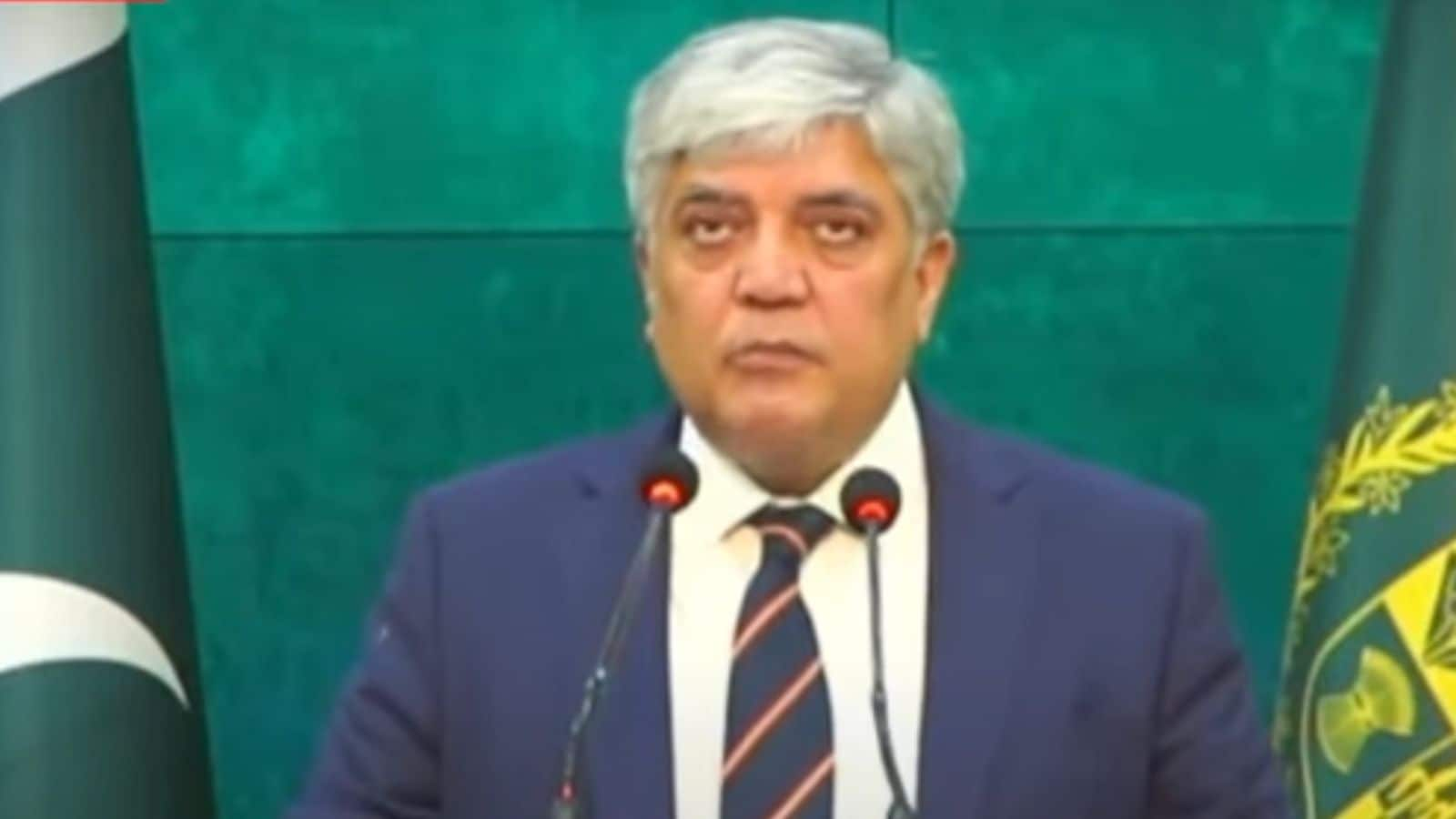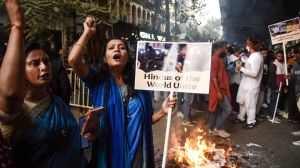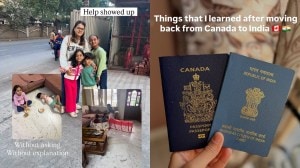Stay updated with the latest - Click here to follow us on Instagram
Pakistan’s ‘baseless’ retort after S Jaishankar calls for return of ‘stolen part of Kashmir’
Pakistan Foreign Ministry spokesperson said that Kashmir was an "internationally recognised disputed territory" and the remarks by S Jaishankar “misrepresent the ground realities and contravene the international law.”
 Pakistan Foreign Office spokesperson Shafqat Ali Khan asked India to "vacate the large territories of Jammu and Kashmir under its occupation from the last 77 years”.
Pakistan Foreign Office spokesperson Shafqat Ali Khan asked India to "vacate the large territories of Jammu and Kashmir under its occupation from the last 77 years”. Pakistan on Thursday disputed Foreign Affairs Minister S Jaishankar’s remarks where he posited that the return of the ‘stolen part of Kashmir under illegal Pakistani occupation’ was the final step in “solving” the Kashmir issue.
Pakistan Foreign Office spokesperson Shafqat Ali Khan rejected the remarks while addressing a weekly press briefing, according to a report by news agency PTI . “We reject the remarks made by the Indian external affairs minister on Jammu and Kashmir during an event held at Chatham House, London on March 5,” Khan said. “Instead of making baseless claims about Azad Jammu and Kashmir, India should vacate the large territories of Jammu and Kashmir under its occupation from the last 77 years,” he said.
Jaishankar was on Wednesday quizzed about “solving” the Kashmir issue by an audience member while the Indian Union minister was speaking at Chatham House, an international affairs think tank. In his response, Jaishankar highlighted the steps already taken by the Indian government.
“On Kashmir, actually we have done, I think, a good job solving most of it…Removing Article 370 was step number one, restoring growth and economic activity and social justice in Kashmir was step number two, and holding elections with a very high turnout was step number three.
“I think the part we are waiting for is the return of the stolen part of Kashmir which is under illegal Pakistani occupation; when that is done, I assure you Kashmir will be solved,” Jaishankar said.
On Thursday, Pakistan Foreign Ministry spokesperson said that Kashmir was an “internationally recognised disputed territory” and the remarks by Jaishankar “misrepresent the ground realities and contravene the international law.”
“The relevant UN Security Council resolutions stipulate that the final status of Jammu and Kashmir is to be determined through a free and impartial plebiscite under the UN auspices. India’s prevarication cannot change this reality,” he said.
The relations between the two neighbouring countries have been complicated for long due to issues of cross-border terrorism. They hit a low after India abrogated Article 370 of the Constitution on August 5, 2019, and carved out two Union Territories (UTs) from the erstwhile state of Jammu and Kashmir.
Appreciated the conversation with @bronwenmaddox at @ChathamHouse this evening.
Spoke about changing geopolitics, geoeconomics, India-UK ties, neighbourhood and the Indian view of the world.
Do watch 🎥: https://t.co/Wp6CwLBtxY pic.twitter.com/0SSf1E7WuF
— Dr. S. Jaishankar (@DrSJaishankar) March 5, 2025
Jammu and Kashmir saw elections last year where Omar Abdullah-led National Conference came to power.
Pakistan’s Khan also shot back at Jaishankar’s statement about these elections. “We also wish to underscore that any electoral exercise pursuant to the Indian constitution cannot serve as a substitute to grant of right to self-determination,” he said. “Similarly, the decades-old grievances of the Kashmiri people cannot be meaningfully addressed through economic activity down the barrel of a gun,” Khan said.
A peaceful settlement of the Jammu and Kashmir dispute, in accordance with the relevant UN Security Council resolutions and wishes of the Kashmiri people, was imperative for a lasting peace in South Asia, the spokesperson added.
(With PTI inputs)







